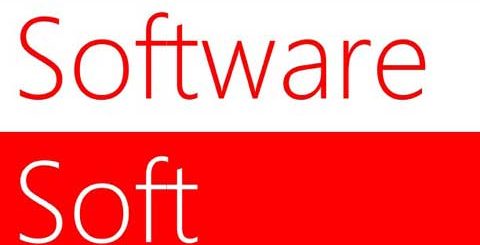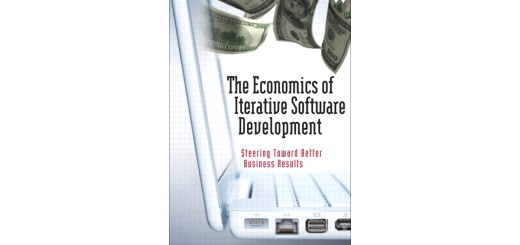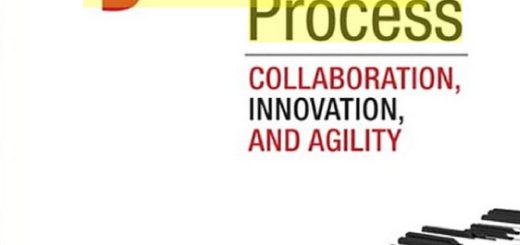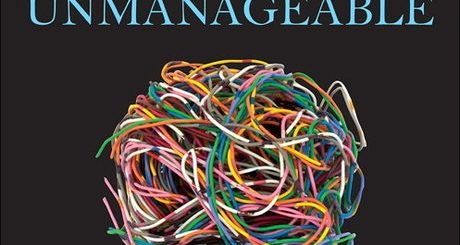Keeping Software Soft – A Practical Guide for Developers, Testers and Managers
Why should we keep software soft? Because software should be easy to change. This is how this book from Jason Roberts starts. In the first page of the book Keeping Software Soft – A Practical Guide for Developers, Testers, and Managers, he writes “If you want to make developing software...








Last Comments